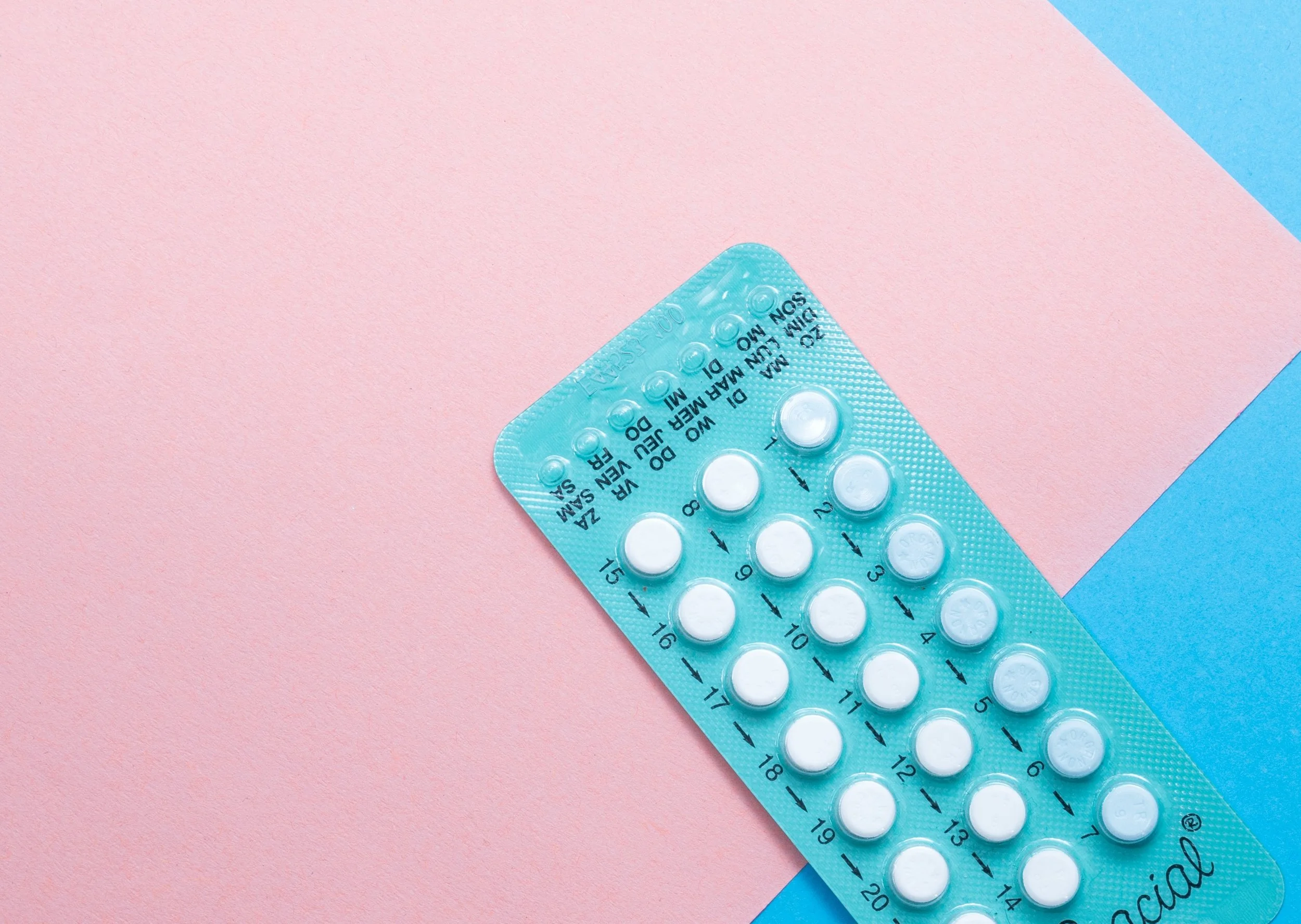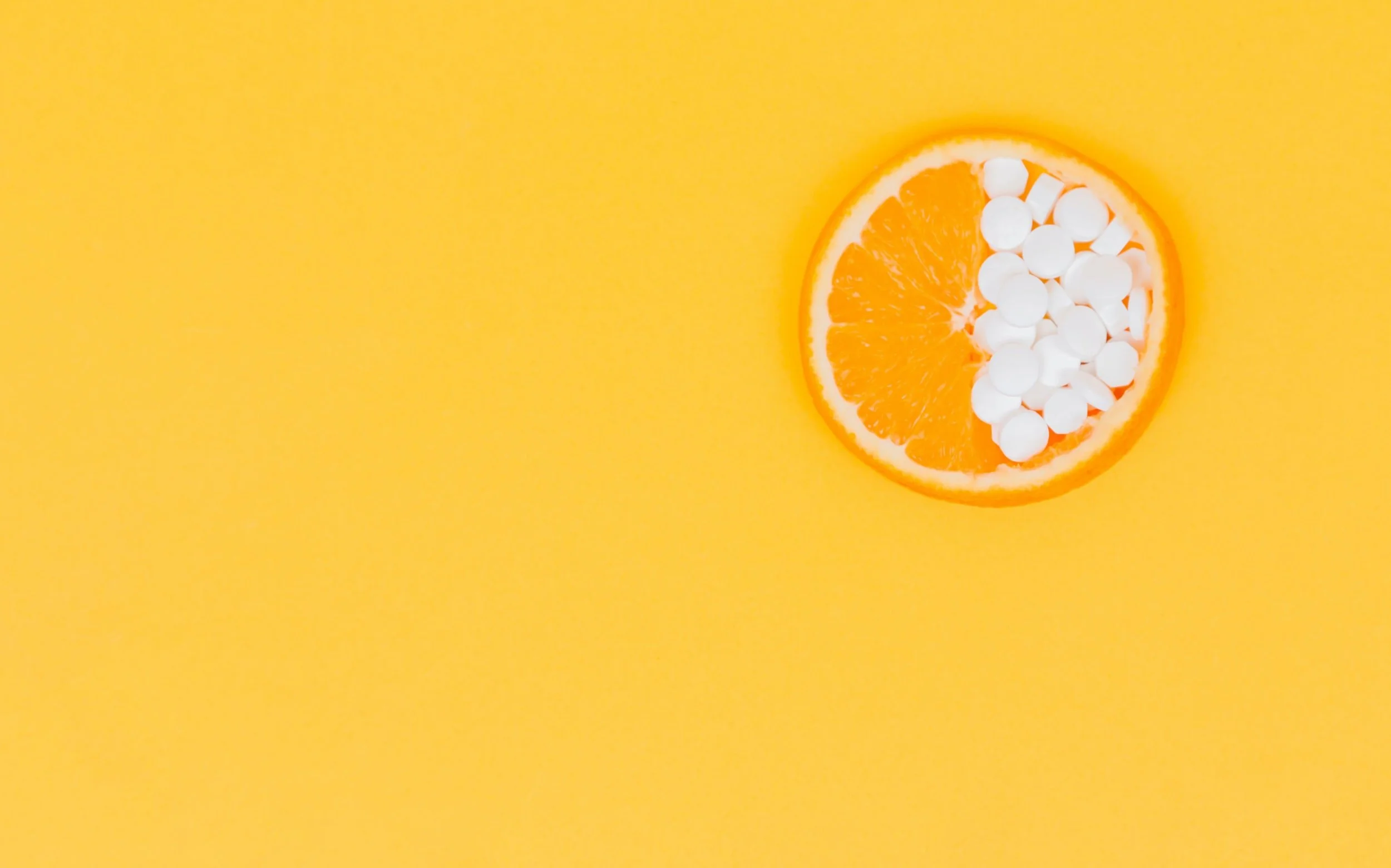Nutrition support for when you're coming off the Pill
Are you on the Pill? Wondering whether it has any side effects beyond being a contraceptive? Let’s take a look at how the Pill works and what nutrients you should focus on to support your body during and after transitioning off the Pill.
With approximately 70% of Australian women using some form of birth control, the oral contraceptive pill (OCP or ‘the Pill’) is a popular choice due to its ease of use and availability. A number of women may also take the Pill for non-contraceptive reasons, such as to assist in the management of PMS and acne.
Let’s look at how the Pill works and some of the nutritional considerations to keep in mind, especially if you decide you’re ready to transition off and start trying to conceive.
How does the Pill work?
The Pill works by preventing the release of an egg during the menstrual cycle (ovulation) and hindering the development of follicles in the ovaries. This is done by using progestogen, a synthetic form of the hormone progesterone. Progestogen impairs the communication between the brain (hypothalamus) to the ovaries, changing the hormones released in the body.
There are two types of OCPs - combination pills and progestogen only pills. Combination pills include a synthetic oestrogen component alongside a progestogen component. Whereas progestogen only pills, as the name suggests, only contain progestogen. Regardless of the type of pill, they function in a similar way.
The change in the communication between the brain and ovaries can cause a variety of side effects in some people including nausea, headaches, mood changes and nutritional deficiencies.
What nutrients can be affected by the Pill?
While using the Pill, the body has an increased requirement for particular nutrients. If the body doesn’t receive an adequate amount of these nutrients, the stores in the body will be reduced, which can lead to a nutrient deficiency. The pill may affect the level of nutrients including folic acid (folate), vitamins B2, B6, B12, vitamins C and E and the minerals magnesium, selenium and zinc.
Over a long period of time, nutrient deficiencies can have an impact on health and wellbeing, as they have vital roles in the body. Without these nutrients the immune system, nervous system, thyroid and other systems in the body involved with sleep and energy production might not function optimally.
Interestingly there is also research which suggests the Pill may alter the gut microbiome and/or the way nutrients are absorbed through the intestinal wall. This is another factor to consider when evaluating the impact of the OCP in certain individuals, especially those prone to gastrointestinal disorders like Inflammatory Bowel Disease.
Foods to Focus on if you’re using the Pill
Here are some key foods that you can focus on to keep up your nutrient stores, both whilst you are taking the Pill and also when you’re ready to transition off and replenish your body.
(Remember that simple foods are an incredible source of nutrients. We don’t need to leap straight into supplements and the great thing is, you can always focus on these foods to maintain your health, it’s not a temporary thing. As an added bonus, eating loads of plant foods like those mentioned below will also support your gut health!)
Green veggies like spinach, silverbeet, bok choy, cabbage, broccoli, kale and asparagus are high in folate, vitamin C and magnesium.
Wholegrains like oats, brown rice, quinoa, barley and spelt (and products like wholegrain bread) are a great source of B vitamins, magnesium and zinc.
Nuts and seeds including almonds, cashews, walnuts, Brazil nuts, pumpkin seeds and chia seeds provide vitamin E, magnesium, selenium and zinc.
Lean animal proteins such as seafood, poultry, eggs and lean cuts of red meat contribute vitamin B12, zinc and selenium.
When should I come off the Pill?
This is a personal decision for you and you might like to also discuss this with your doctor. It is not “good” or “bad” to be on the Pill.
Many people don’t consider coming off the Pill until they’re ready to conceive - which makes sense, it’s a contraceptive after all!
If this is you, keep in mind many of the nutrients mentioned above are vital for a healthy conception and pregnancy. The good news is, we can correct any potential nutrient deficiencies with appropriate dietary changes and supplementation. To allow time for this, and to give you some time to track your menstrual cycle and ensure there are no issues, it can be helpful to transition off the OCP 3 to 6 months before you’re ready to start trying to conceive.
If you are planning to conceive after stopping the Pill, please note that this is actually one situation where we definitely need to look at both food AND supplements. It’s important to work on your diet and to take the right prenatal supplement to help prepare for pregnancy.
How can a clinical nutritionist support me in coming off the Pill?
A nutritionist can support you in transitioning off the Pill through dietary, lifestyle and supplementation advice. This encourages the pathways of communication between the brain and ovaries to become active again and restores your nutrient levels. During this time we can also look at optimising your fertility, restoring hormone balance, and encouraging regular ovulation.
When you transition off the Pill, any concerns that were there prior to the Pill are likely to return and may return with a bit of a vengeance! This may include irregular or painful periods, PMS or acne. Nutritional support can definitely help to manage these issues, and we can work alongside medical investigations and/or treatment as well.
Supporting your body to come off the Pill can help ensure your cycles return regularly and increase the probability of a healthy conception and pregnancy. Ideally this involves working together for a couple of months before you are ready to conceive, but if you’ve recently come off the Pill without support, it’s not too late to improve your health and your cycle.
Ready to come off the pill? Book a complimentary 15 minutes discovery call with me to learn how we can work together to optimise your health and fertility journey.
This article was co-written by final year student Clinical Nutritionist Court Garfoot. You can find Court on Instagram here or here, or on Facebook here.



